5 things we're doing to be a more sustainable small business
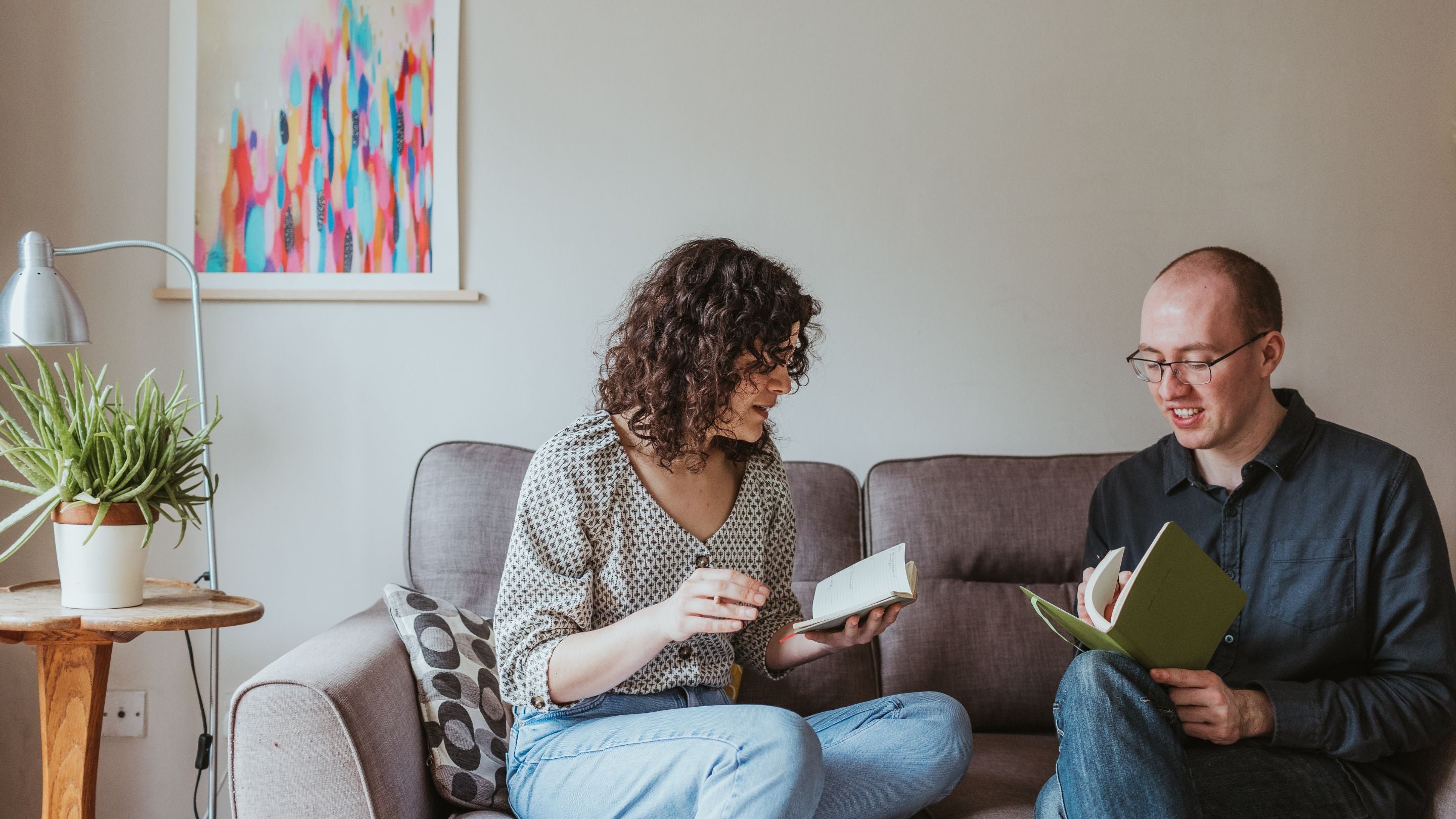
If you look at how the way you live has changed over the past few years, you'll know our idea of what's sustainable is always evolving. I love how we keep learning and set up my Cardiff small business Authentic House in 2018 to be part of it. I wanted to help us create homes that reflect our values through the everyday objects we choose.
Something I've heard a lot about this year is how sustainability is getting greenwashed. Just this week a Which? report on bamboo toilet paper showed some brands had as little as 3% bamboo! Being perfectly sustainable is really hard in the system we live in. With that in mind, I wanted to share with you how we're learning. So here goes... Here are 5 things we're doing to be a more sustainable small business in 2024.
1. Designing a skincare refill scheme
In the early 2010s, I was a student living in Edinburgh. My priorities were friends, novels and Arthur's Seat, but I did notice a low-key refill scheme in my local supermarkets. You could bring back big glass bottles or fizzy Irn-Bru and get a 50p discount in return.
Refills are nothing new. What's more, they make so much sense for a sustainable small business as materials like glass can be endlessly reused! For me, the biggest obstacle in designing a skincare refill scheme for Authentic House has been working out how to sterilise bottles and jars.
In the end, I hit on the simplest idea which I'm very proud of - baby bottle sterilisers! New parents have to do a lot of sterilising for their baby bottles. Helpfully, the materials in those weren't so different from my most delicate skincare pipettes. The baby bottle steriliser is now my favourite piece of kit. It sterilises our skincare packaging and equipment at a lower heat by using steam, then dries it all after!
This year, I'd love to grow and improve on our refill scheme as more people try our skincare. Incidentally, if you do have 3 or more of our skincare containers, you can arrange a collection here.
2. Making skincare with upcycled ingredients
What are upcycled ingredients?
Upcycling simply means taking a material that would otherwise go to waste, and turning it into something genuinely useful. In the UK, a lot of our upcycled ingredients come from the food industry. With 10.7 million tonnes of food waste every year, it's a pretty rich resource of interesting ingredients for sustainable small businesses!
You would think that a great way to upcycle would be to go and collect coffee grounds from cafes and leftovers from different businesses, and that can work! The difficult thing, especially when making skincare, is being responsible for the safety of products you upcycle yourself.
Upcycled ingredients we're using in our skincare
The workaround I've found is supporting suppliers who are collecting waste materials from industries making juices, beer and even gin. These extracts are developed and tested so you not only know they're safe, but you also know your skin is benefiting from them. For example, studies on real people have shown the upcycled barley extract from beer in our moisturiser reduces irritation and supports your skin's natural barrier.
There are lots of other ingredients that repurpose waste materials that don't always get talked about as 'upcycled', but are. While squalene is a skincare ingredient that can come from shark livers (I know...), the squalane in our serum is a more stable alternative that's made from by-products of making olive oil. If olive waste isn't used, it goes to landfill and harm nearby waterways. Apricot oil comes from apricot kernels and the floral waters we use are all by-products of distilling more well-known ingredients, essential oils.
I could keep going about upcycled ingredients and maybe this could be a blog post in itself! All I'll say for now is that I'm researching lots more ways to upcycle waste materials into our Authentic House skincare and haircare. Think chickpea water, sargassum seaweed... There are so many to choose from!
3. Sourcing organic ingredients where possible
Organic is a way of farming that works in harmony with nature, people and our soil (which if you ever watched the documentary Kiss The Ground, you'll know we have to take more care of!) It's a really helpful standard for me sourcing ingredients as sustainably as I can. All the plant butters, oils and floral waters I use in our skincare are certified organic.
It might make you ask why our skincare itself isn't organic. I researched this a lot last year when I was formulating our skincare set. There are two reasons.
The first is that, to be certified organic, you need a certain percentage of organic ingredients from farming and this doesn't leave room for upcycled ingredients which are still pretty rare - organic and upcycled ingredients are like unicorns right now! The second is simply that, as a small business, we can't afford another certification at the moment.
Lastly, you might notice that our candles and soaps don't have organic ingredients yet. For our candles, I did lots of research starting out to find an organic plant-based wax. I couldn't find one. I've gone for the next most sustainable alternative, coconut and European rapeseed wax. You can find out more about how I make our candles here.
While our soap is entirely natural, our bars are handmade by Keilly, a maker we've worked with for years. She buys her materials in bulk so we have less control over it being organic. As we grow, it's something I'd like us to work on. A first step though has been monitoring all our ingredient suppliers for skincare and soap so they're Leaping Bunny approved.
4. Making small batches for less waste
I've learnt this one from bitter experience! Back in 2018, I began Authentic House as an eco-friendly subscription box which quickly grew over a couple of years. I absolutely fell into the trap of buying in volume, which is actually the idea of a subscription box, but our stock leftovers were creeping up all the time.
Nothing hits you in the gut like lots of waste and having to run big sales, so I've taken this lesson with me going forwards.
I love ideas from brands like This Is Unfolded who only make clothes to order - you save on sustainable fashion, but you'll have to wait a month or two. So far, I've found making to order doesn't work with skincare as you have to make a few at a time to make it viable and, unlike a new skirt, a moisturiser's usually something you skin can't wait that long for!
What I am doing though, is making small batches. Sometimes I'll make as few as 14 skincare products at a time. This increases costs in terms of time and not bulk-buying ingredients (my Achilles' heel!), but it balances out as we don't stock any more products than we need to anymore. It also means nothing goes to waste.
Skincare ingredients are tricky for that as they have very strict dates for how long you can use them for after opening. While I'm still trying to buy small amounts only, I label any ingredients that have been around a bit too long for workshop use and experimenting. Going forward, I'm also going to try to repeat some of my favourite ingredients in our haircare and am looking for stockists for our skincare. As our volumes increase, we'll have even less waste.
5. Making giving part of our business model through 1% for the Planet
How we began planting trees
About a year into starting Authentic House, I realised we could only really stem the damage we were all doing to the planet by making changes to reduce our waste. There had to be an element of creating a positive change too.
We began this with planting trees for every order, starting with UK trees through Trees For Cities and donating to Rewilding Britain. After that, we started planting trees internationally too with Treeapp and reached 4,383 trees planted overall with the online boom during the pandemic.
Becoming 1% for the Planet certified
It's a balance having a small business run sustainably in the financial sense and also making a sustainable impact too. I've learnt so much about business while running Authentic House and, in the end, realised we weren't actually making a profit in part because we were planting so many trees!
At the same time, I read the brilliant book Let My People Go Surfing by Yvon Chouinard, the founder of Patagonia who more recently made the planet a 100% shareholder. He also began 1% for the Planet, an idea that businesses could pay a voluntary tax to the environment for the cost of using nature's resources. It's an idea he thinks should be mandatory and I agree!
So this is where we are. Navigating this time after the pandemic with Authentic House has been hard. What's helped though is having a commitment in our model to always contribute back to protecting the environment. We've been 1% for the Planet certified since 2022. This means we donate at least 1% of our sales (not profits) to environmental charities. It's actually been over 1% in reality with our certification and also supporting Trees for Cities, in that way going back full circle.
A final thought on being a more sustainable small business
Thinking about the 5 things we're doing to be a more sustainable small business, I can see 3 big themes. They're sourcing sustainably, reducing our waste and paying it forward. I hope you found this post useful and interesting to read. Maybe it'll give you ideas too and help you choose the items in your everyday more sustainably.
You'll probably also have noticed how I'm trying to balance being sustainable and being viable in our small business. As Bill Withers said, 'You can't get to wonderful without passing through alright'. It's my intention to be as transparent as I can and share what we learn as we do.
For more behind-the-scenes on our small business and sustainable home ideas, make sure to join our mailing list.
Photo credit: Mariepalbom Photography, Alice Ojeda and Daniel Redmond in our home in Splott, Cardiff
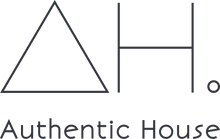



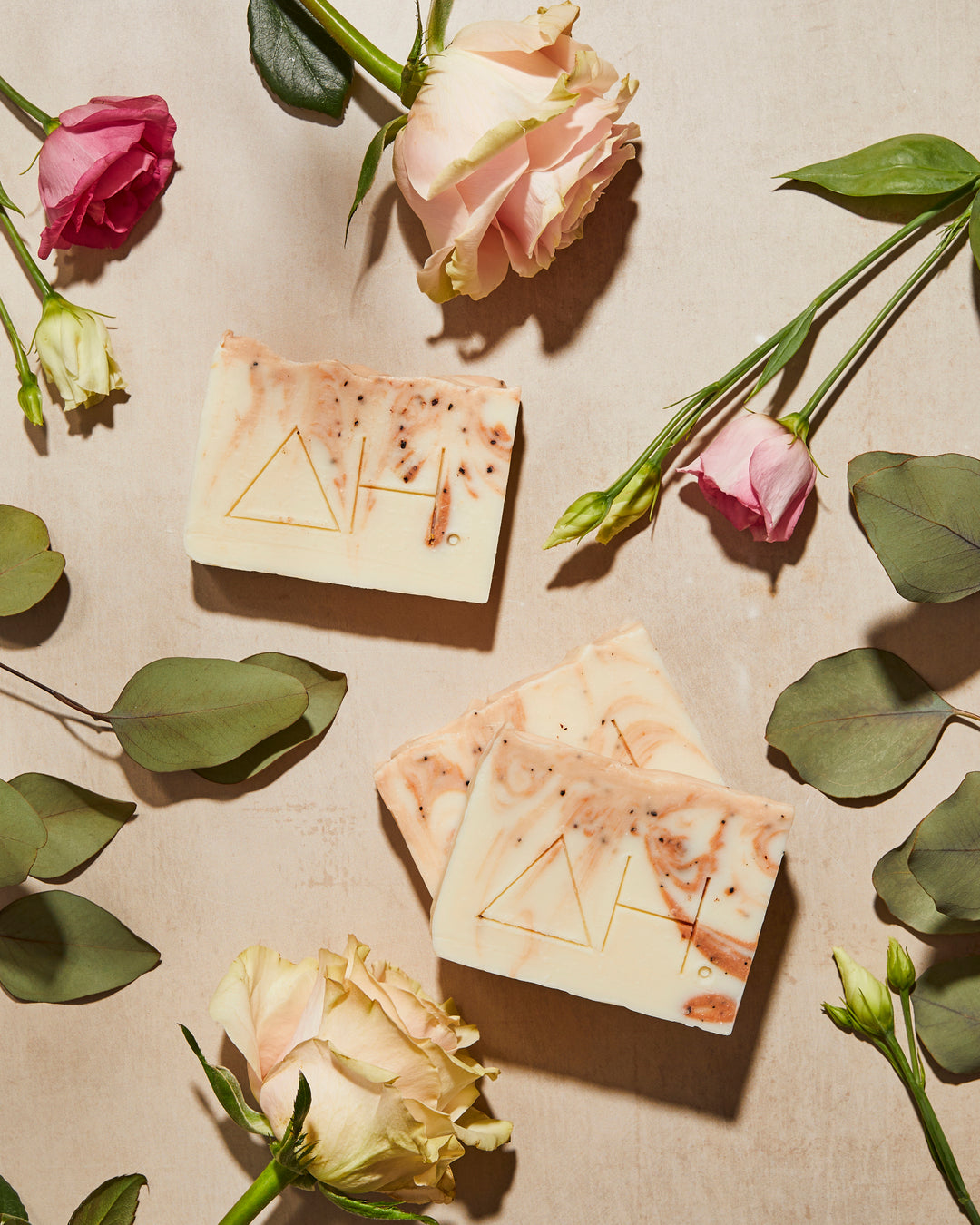
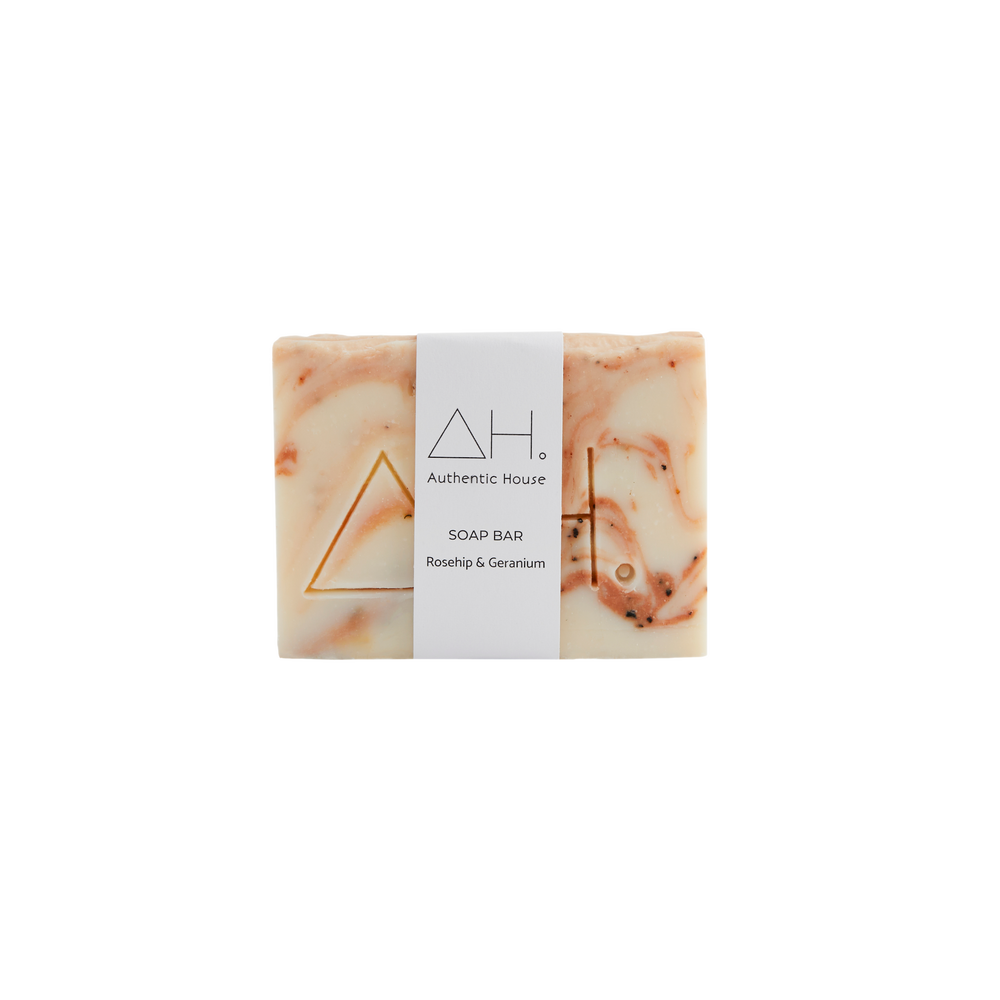
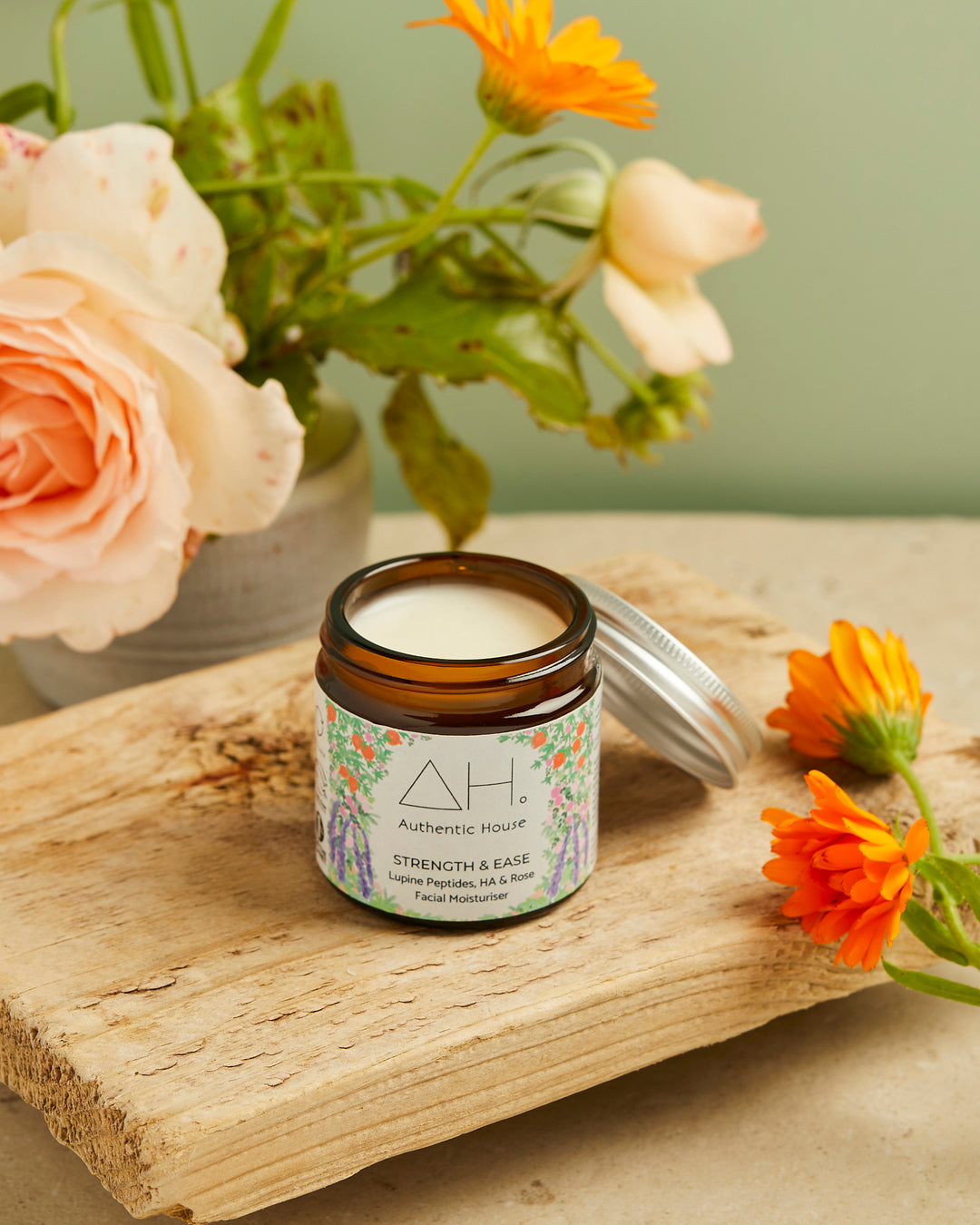
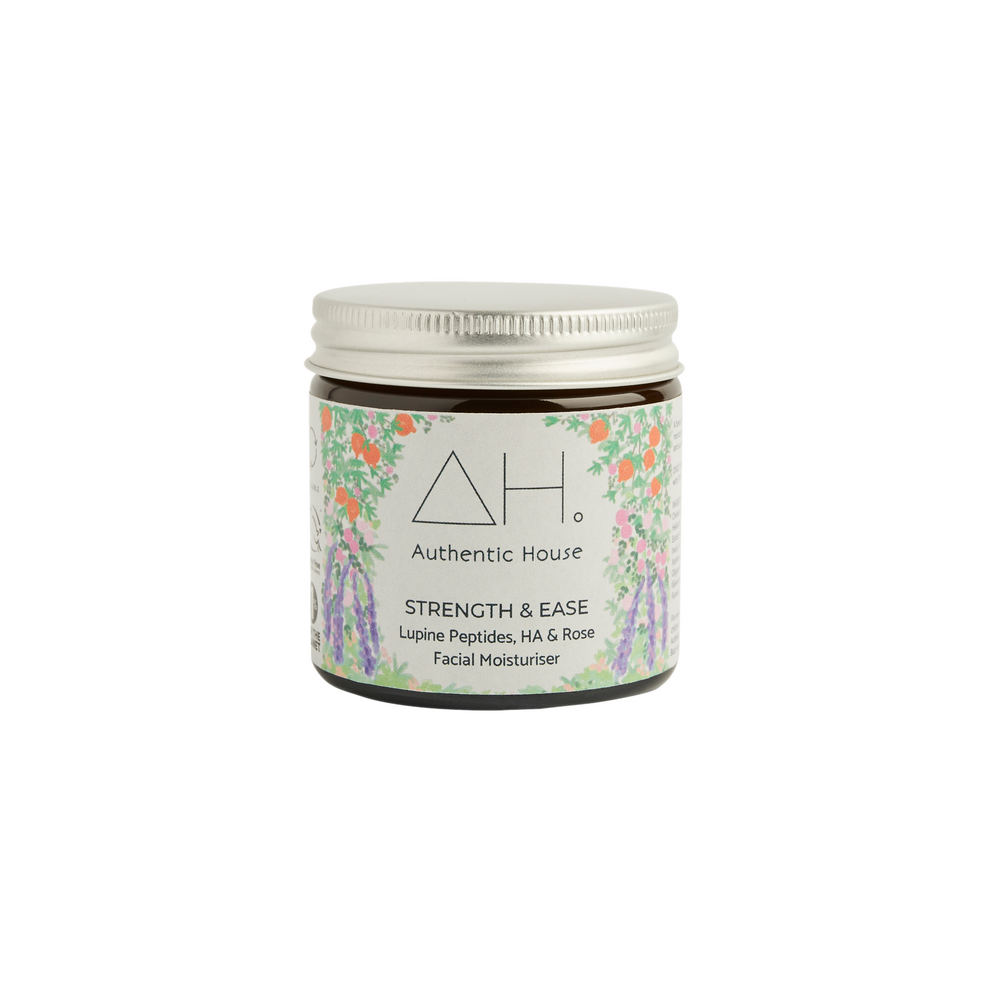
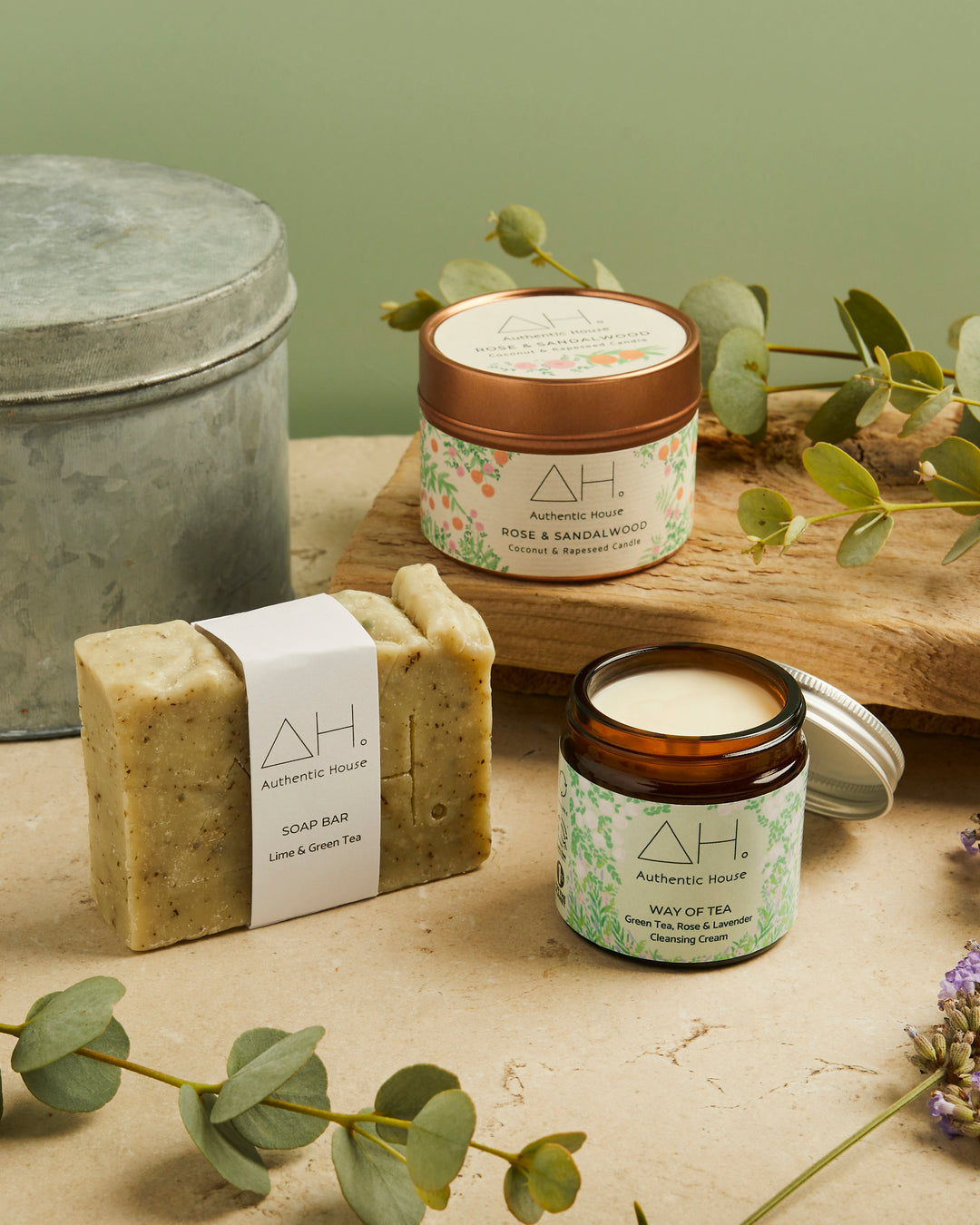
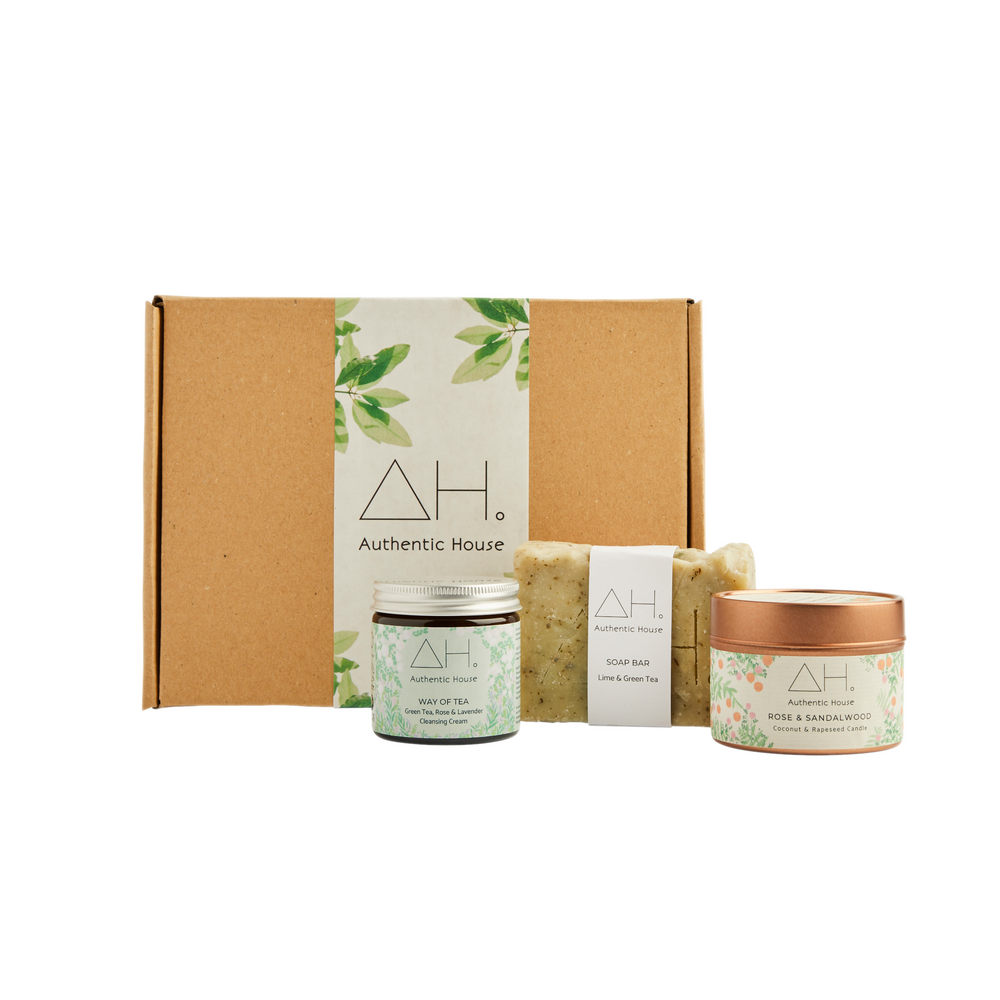
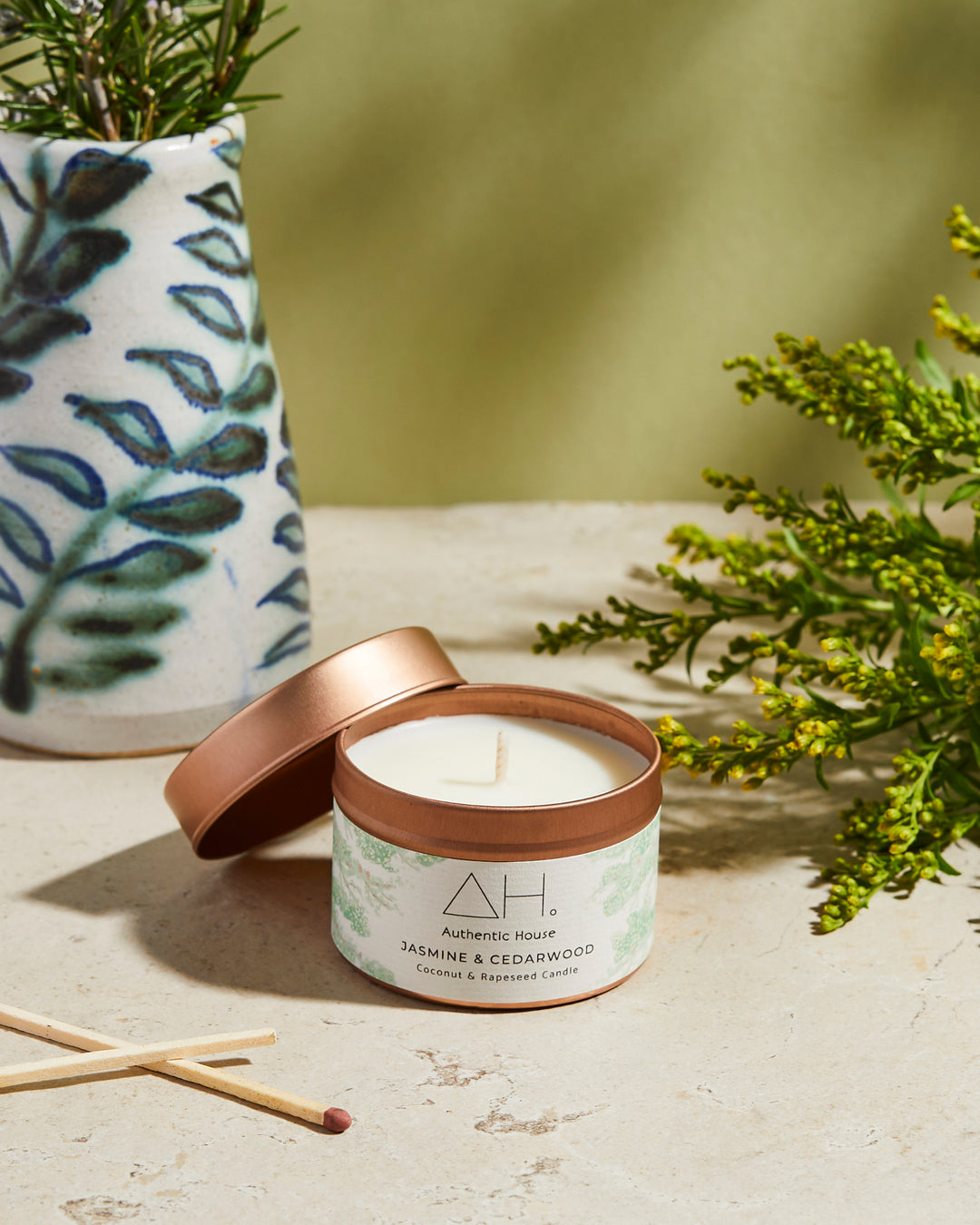
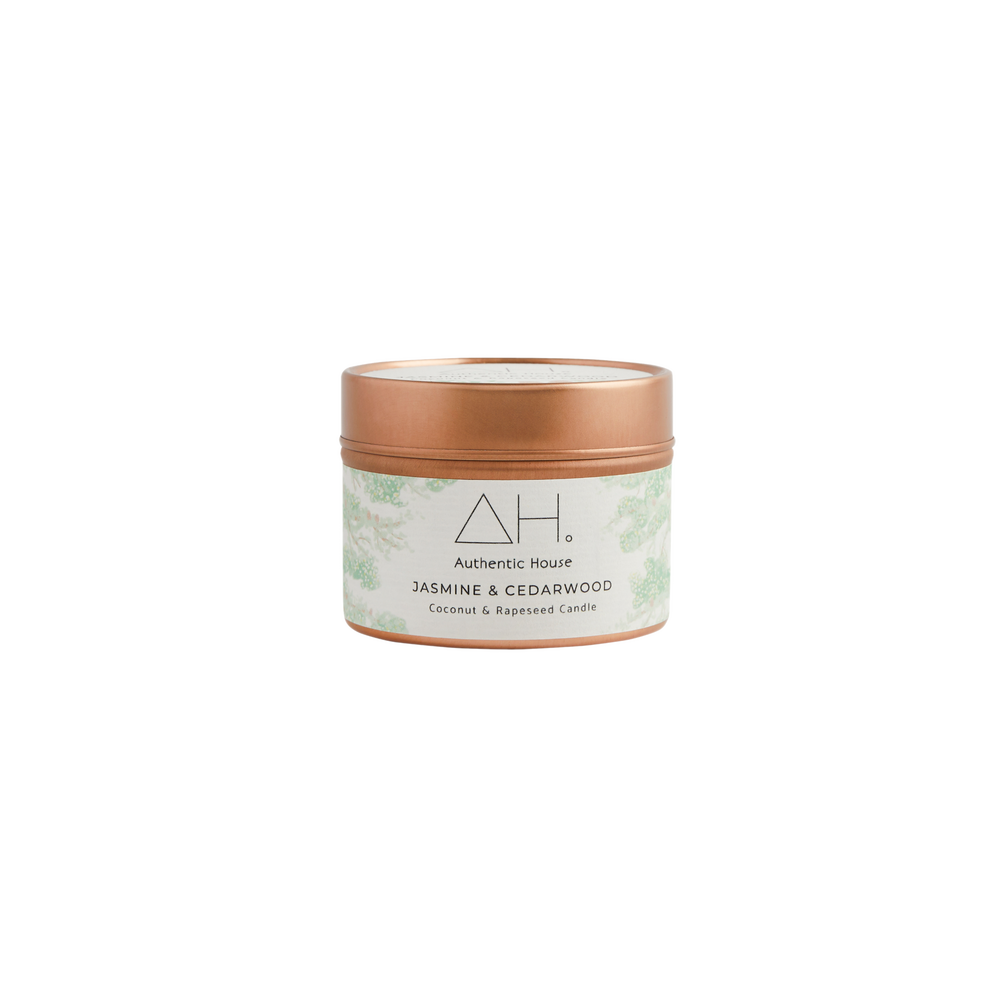
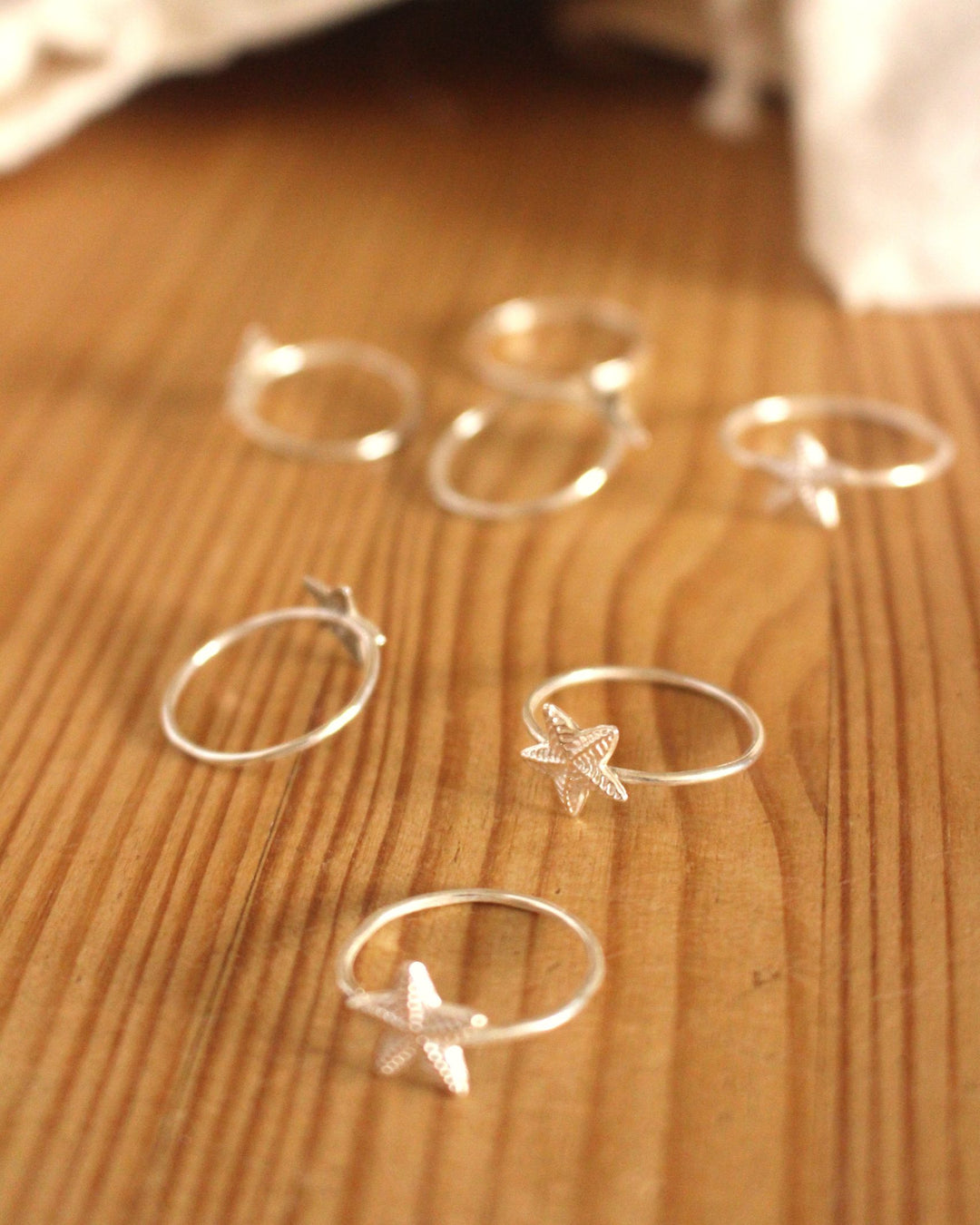
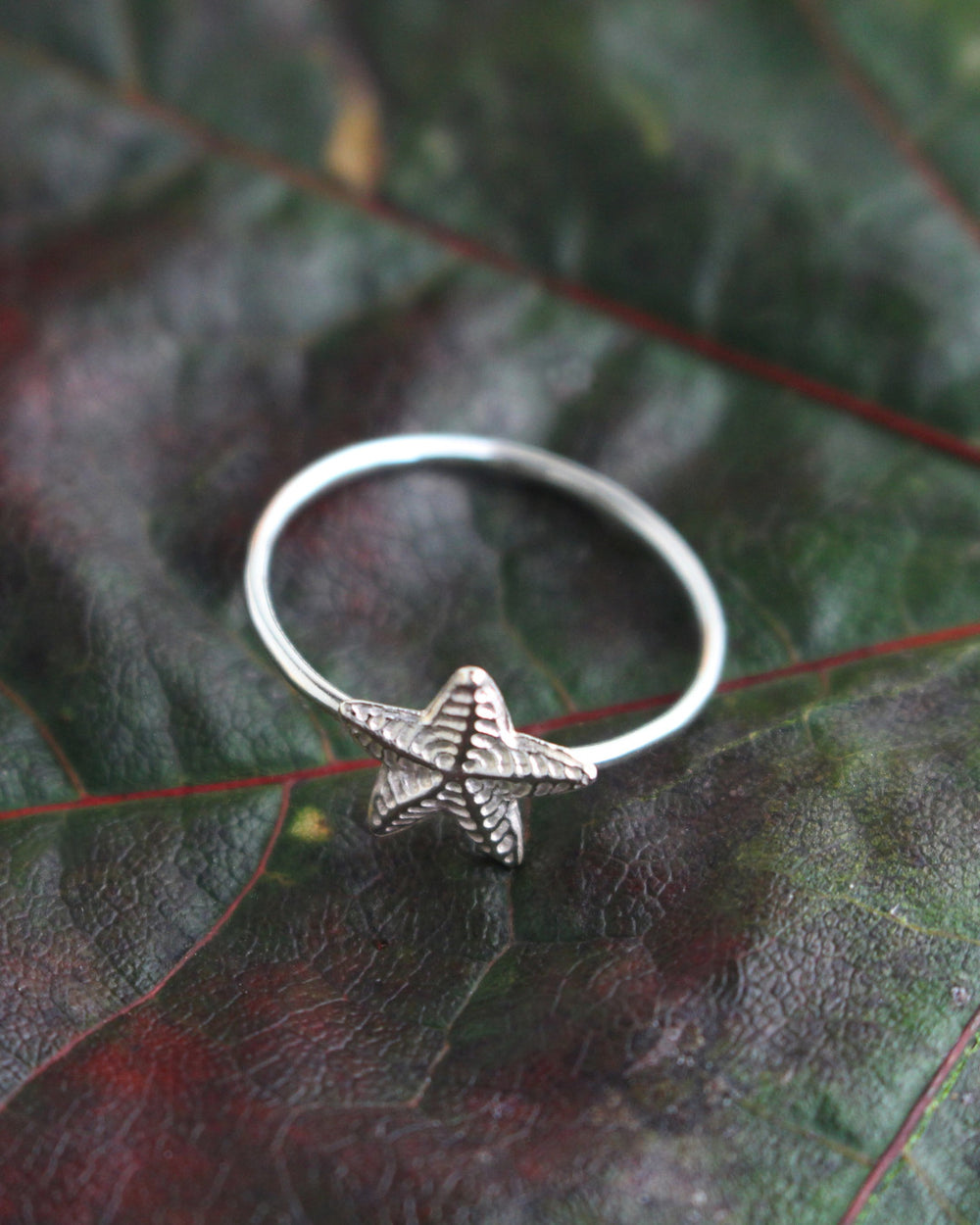
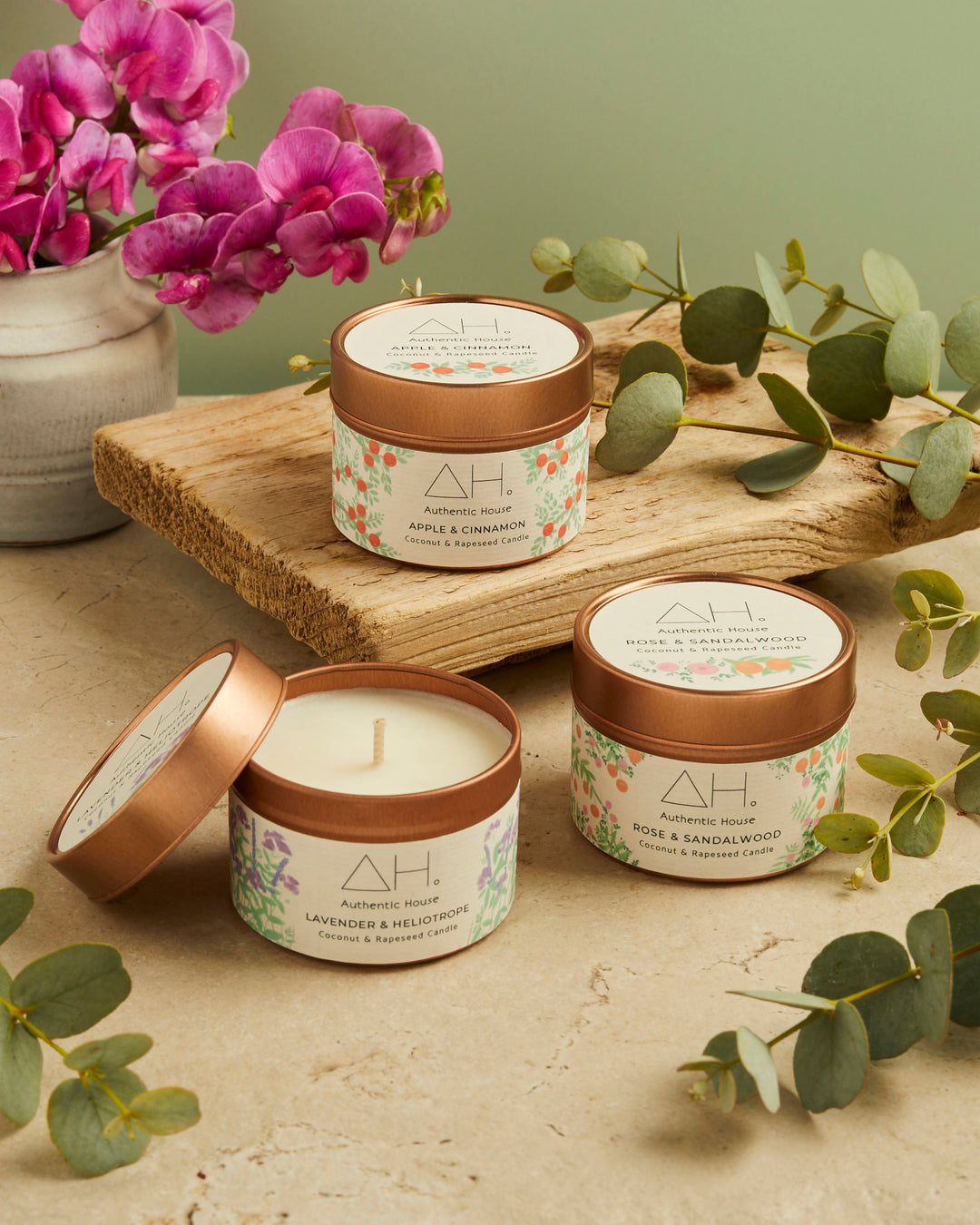
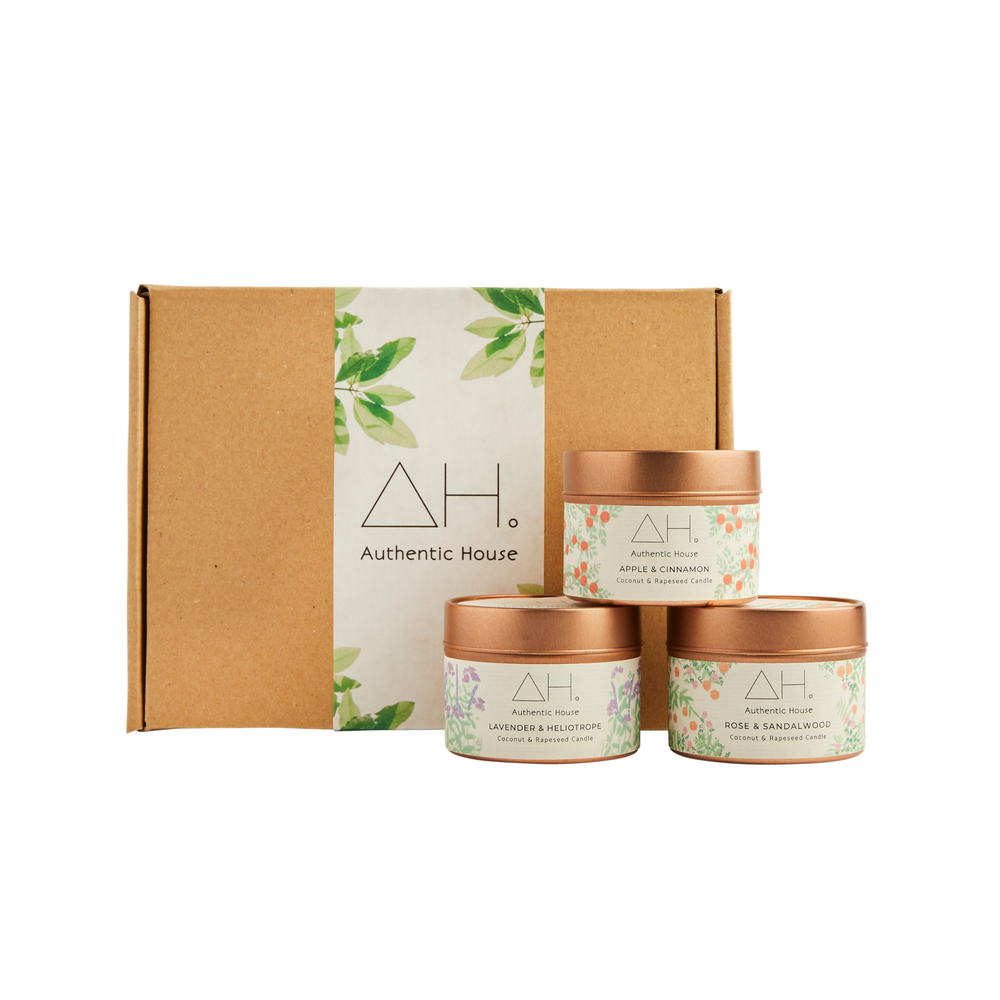
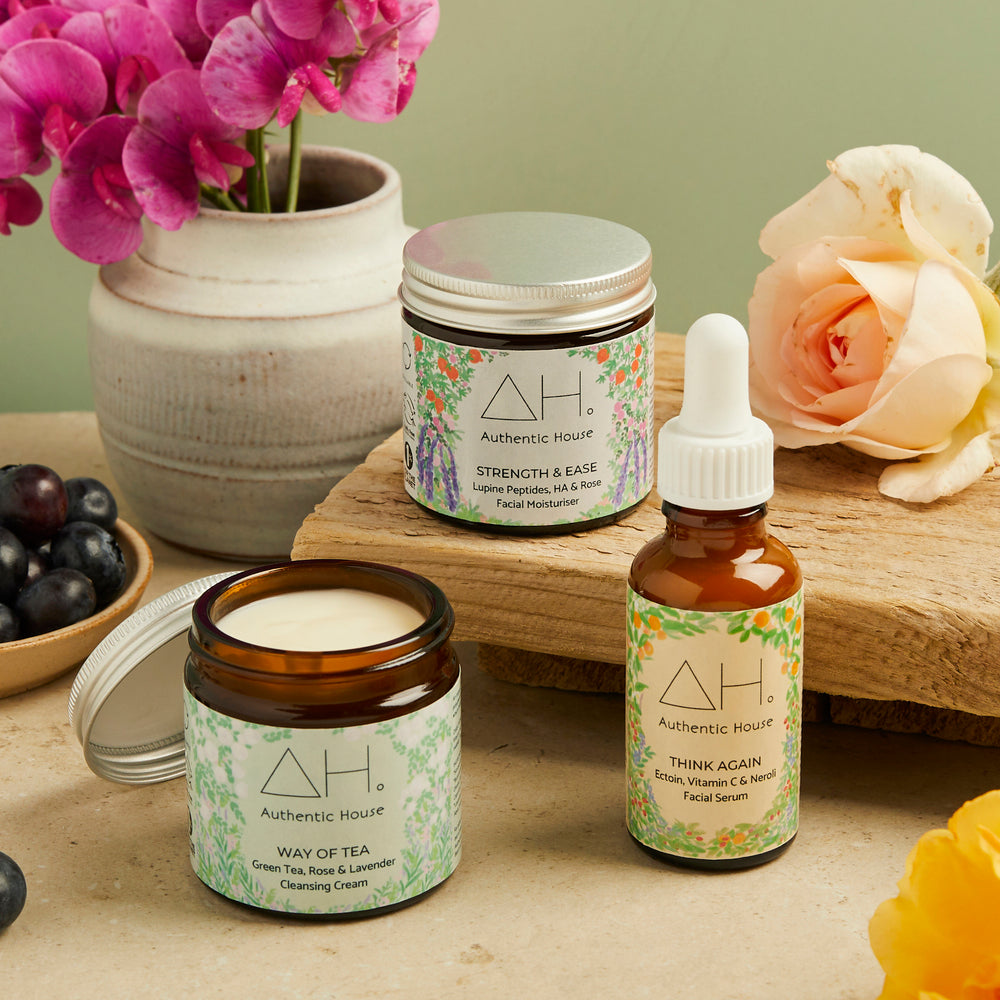
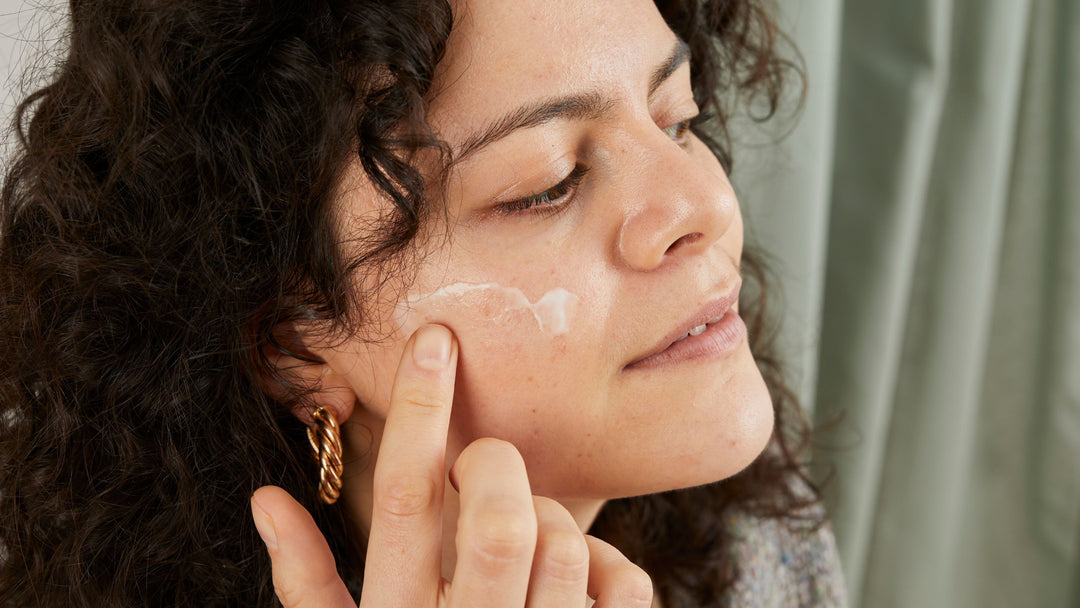
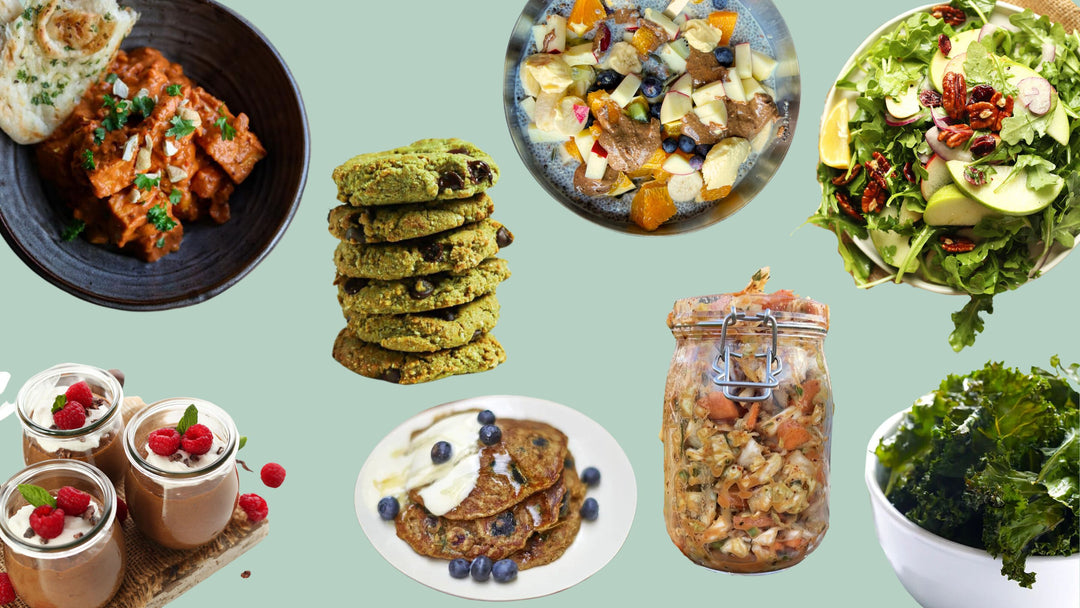
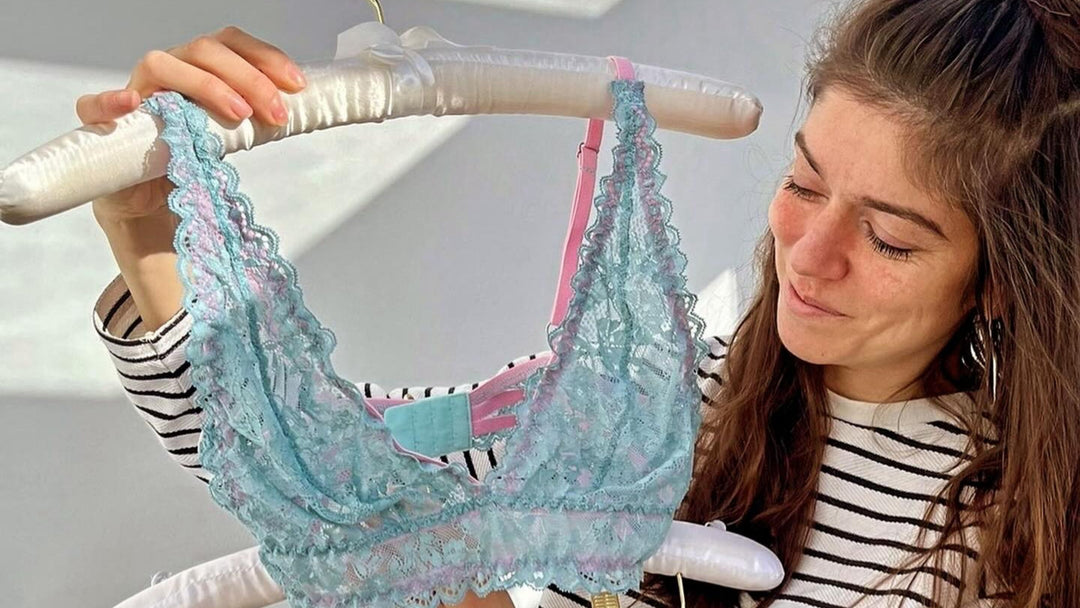
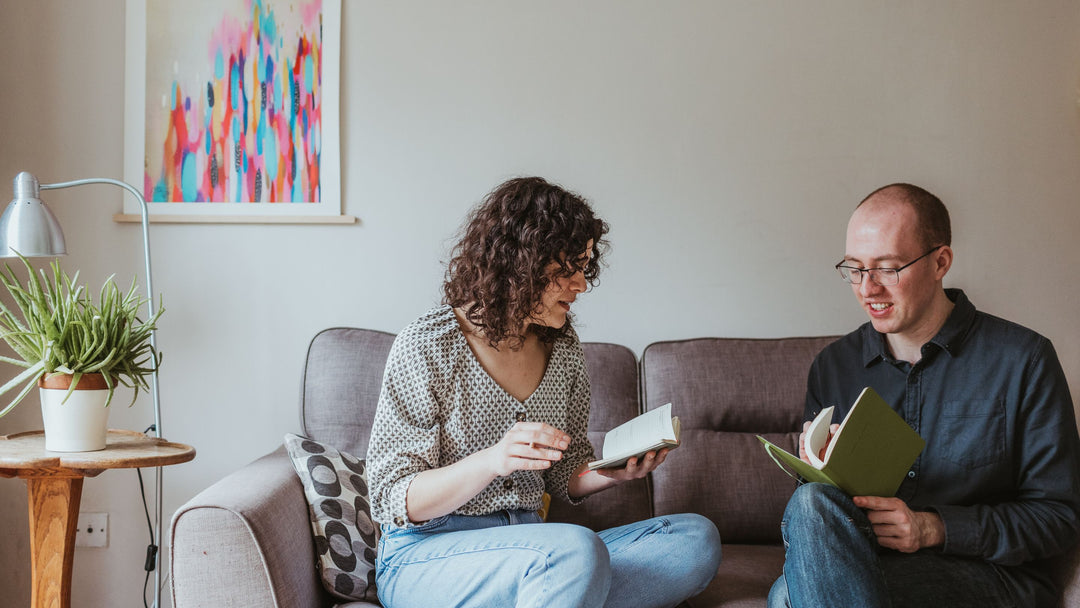
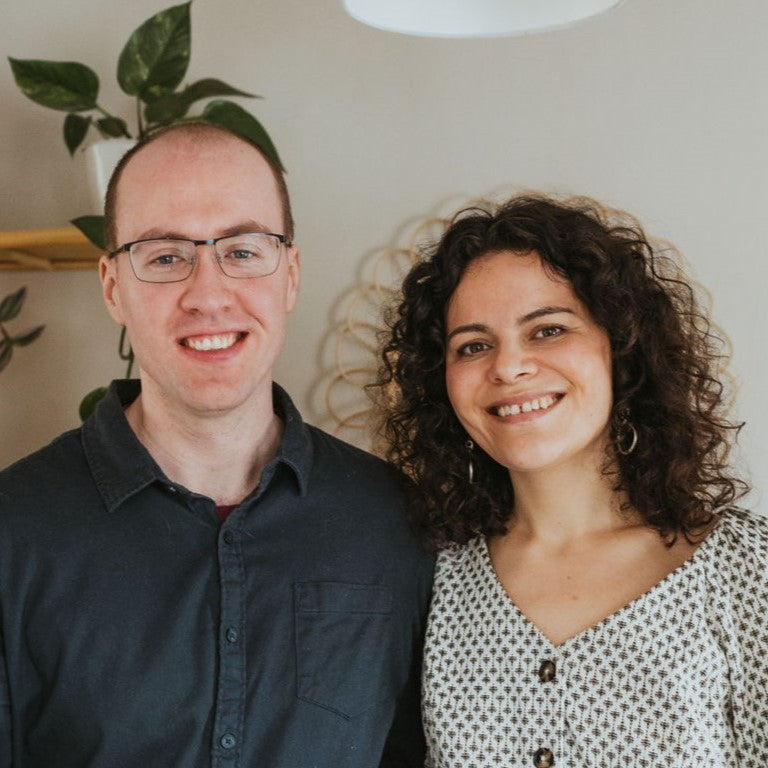
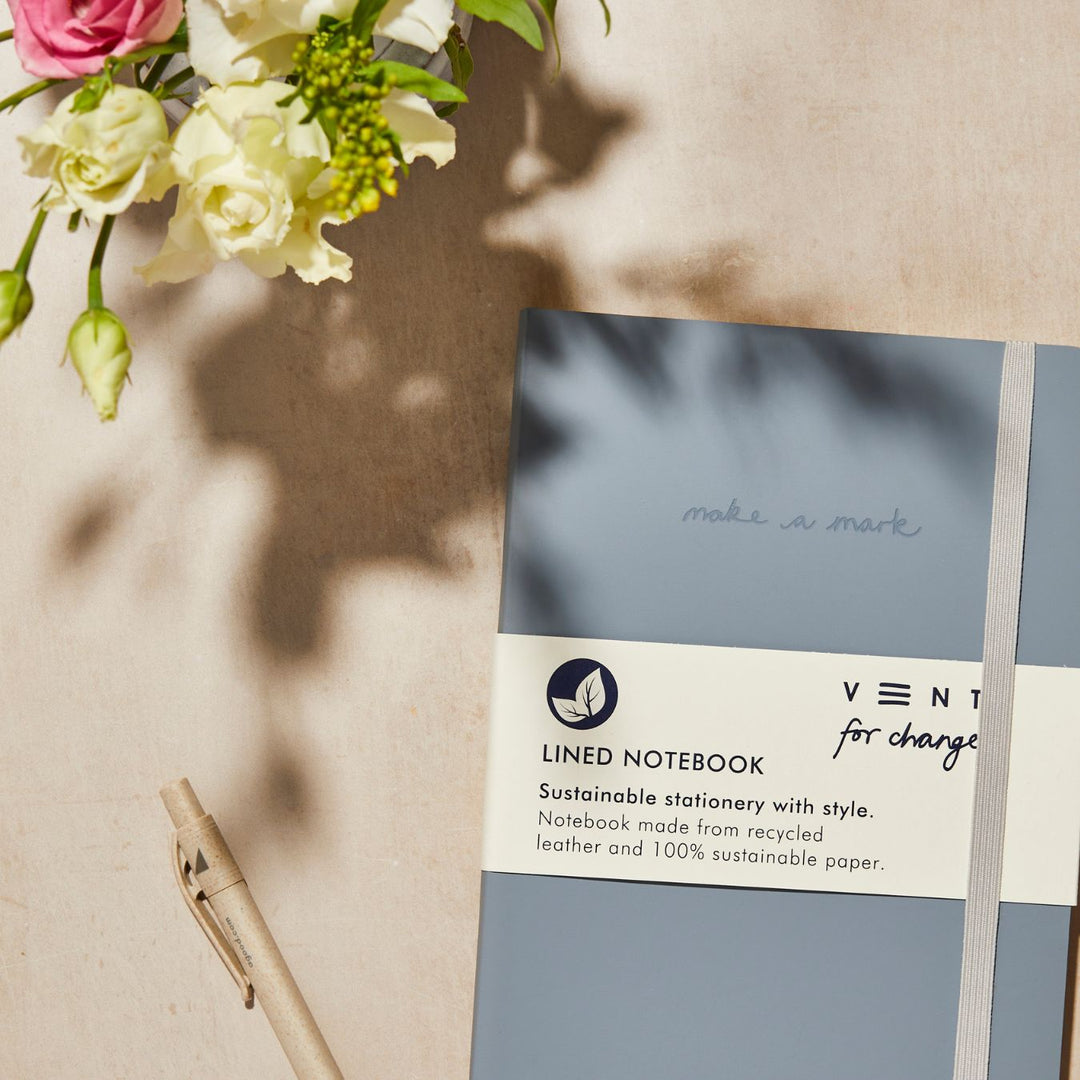
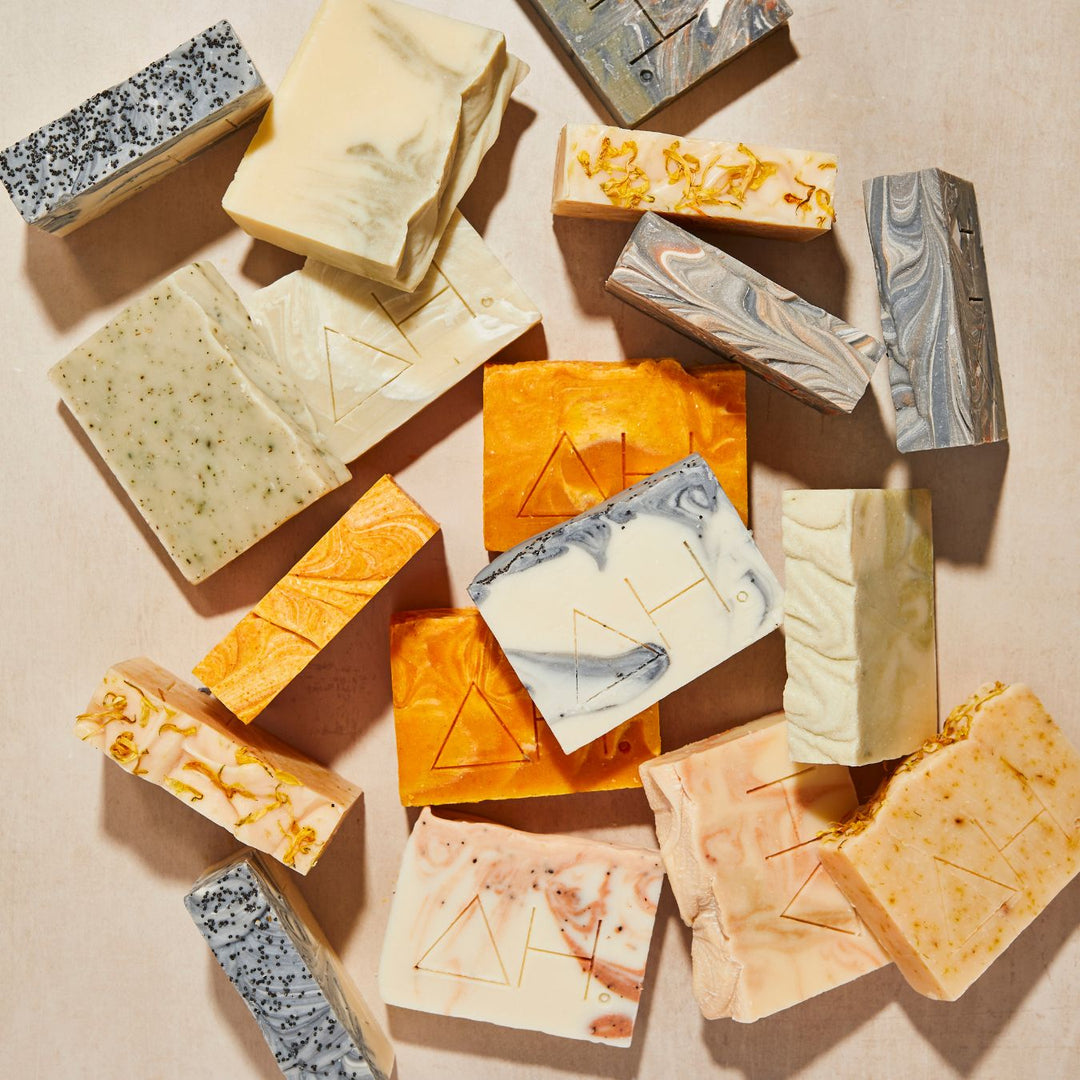
Thanks Susan! I’m really glad you enjoyed this. There’s a lot to balance being sustainable in our personal life, and I agree we’re just learning and that can be energising too.
I love reading what you’re up to. It’s so informative and inspiring. It gives me enthusiasm to try to do more myself to be as sustainable as I can.
Leave a comment